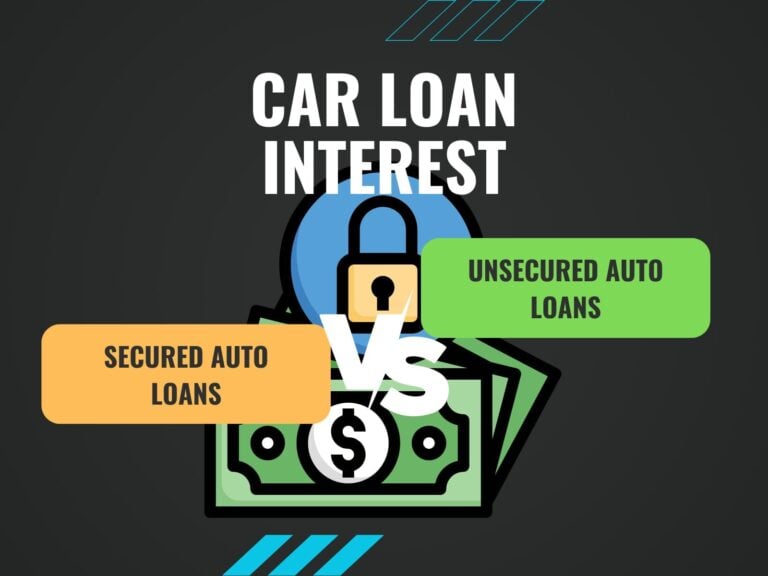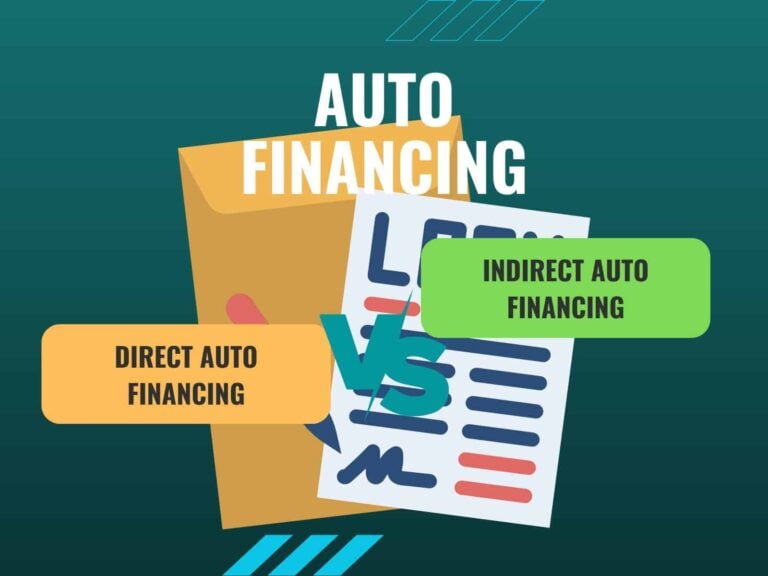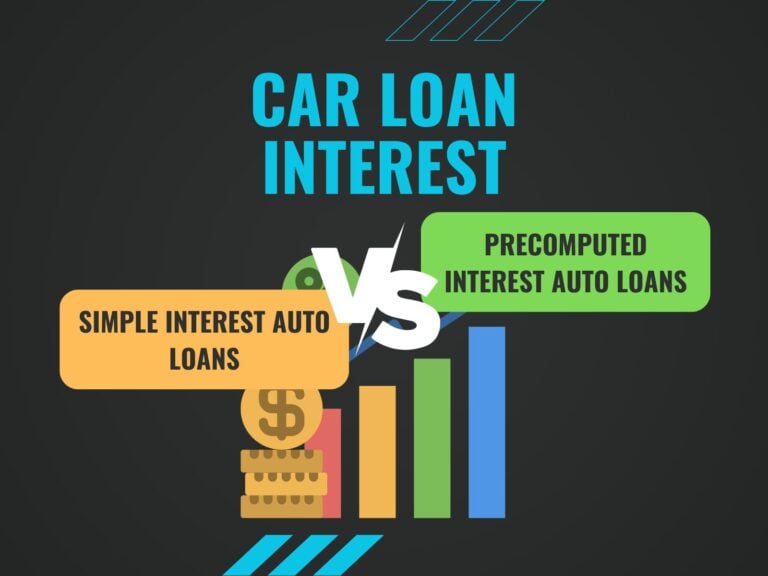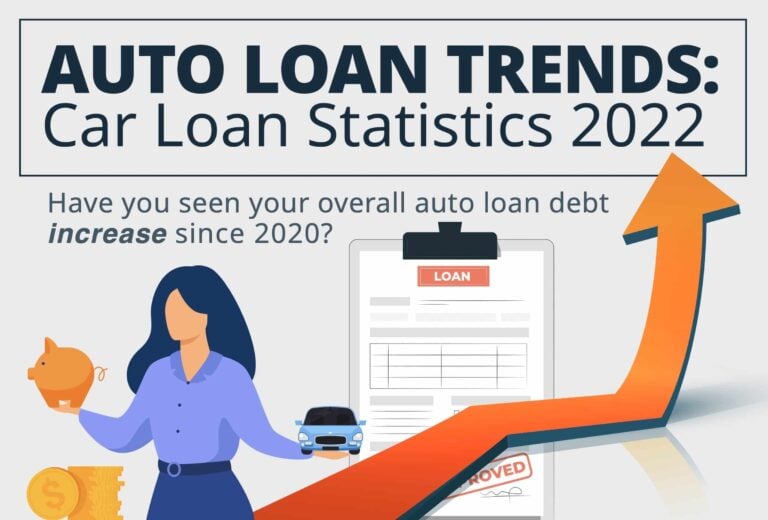Ohio Debt Settlement
The state of Ohio, with approximately 11.7 million residents, includes the seventh highest population within the United States while covering an area of 44,825 square miles that places it 34th in terms of geographic size.
Ohio ranks 10th nationally in population density, with approximately 282 residents per square mile. Ohio is known as the “Buckeye state,” for its Buckeye trees, and Ohio residents are known by the nickname, “Buckeyes.” Ohio is considered an industrial state, and it ranks third in the U.S. for manufacturing, driven by its stature within the automotive industry, as the state is the second largest producer of cars in the country, ranking only behind Michigan. Ohio is also the home of Goodyear Tire and Rubber, Owens Corning, and Proctor & Gamble.

The Ohio economy is one of the country’s strongest, generating a gross state product of $676 billion in 2018, placing it seventh in the nation. The manufacturing and financial sectors are important drivers of Ohio’s economy, as each contributes over 18% of the state’s GDP. On a national basis, Ohio is the number one producer of plastics, rubber, fabricated metals, electrical equipment and appliances.
As of February 2018, the state’s unemployment rate was 4.5%, and its 2017 median household income level of $54,021 (11th highest in the U.S.) was more than 10% lower than the national median household income level of $60,336, with more than 14% of the population living below the poverty line.
Ohio Economic and Debt Statistics
According to the Bureau of Labor Statistics, Ohio’s unemployment rate stood at 4.2% as of November 2019, considerably higher than the national unemployment rate of 3.5%.
However, Ohio residents carry the least amount of credit card debt than citizens of any other state in the nation do, checking in at an average level of $5,446, which is 42% less than the national average of indebted households of $9,333.
Ohio Economic and Debt Statistics
Meantime, compared with the 2019 nationwide average FICO score of 703, the typical Ohio resident’s 2019 FICO score registered notably lower at 678, ranking 27th in the nation.
According to the St. Louis Fed, as of Q4 2018, the Ohio home ownership rate checked in at 67.3%%, slightly above the national average, while a recent Experian report shows average mortgage debt level of only $122,765, though representing an increase of 1.5% compared to 2018, ranking near the bottom of the nation, at 46th.
The median sales price of a home in Ohio during 2019 was $142,650. Regarding student loans, data compiled in 2019 by Experian indicates that average student loan debt for Ohio borrowers is $34,365, 2.8% lower than the national average of $35,359, 5.5% higher than in 2018 and 25.7% higher than it was in 2014.
Ohio Residents and Debt Settlement
If you are a resident of Ohio and are currently burdened by high levels of unsecured debt – including credit card accounts, private student loans, unpaid medical bills and personal loans – the process of pursuing debt settlement may make sense for you.
Debt settlement occurs when a debtor successfully negotiates a payoff amount for less than the total balance owed on a debt. This lower amount is agreed to by the creditor or collection agency and is fully documented in writing. Ideally, this lower negotiated amount is paid off in one lump sum, but it can be paid off over time.
Though creditors are under no legal obligation to accept debt settlement offers, negotiating and paying lower amounts to settle debts is far more common than many people realize.
Ohio Consumer Debt Laws
Credit Card companies and other creditors are permitted to contact Ohio residents directly regarding debts, particularly in a situation involving delinquent payments.
However, debt collection agencies are required to comply with the the Federal Fair Debt Collection Practices Act (FDCPA), and are therefore prohibited from taking certain actions. Under the FDCPA, collection agencies are prohibited from informing employers about a debt or attempting to collect a fee in excess of any debt owed.
Debt collection agencies are also prohibited from communicating in a manner that simulates a judicial process or gives the appearance of a governmental action. Additionally, debt collection agencies are prohibited from contacting debtors or debtor family members at unusual hours or with a frequency that may be reasonably construed under the law as harassment or abuse.
Additionally, the Ohio Consumer Sales Practices Act protects consumers from abusive, deceptive and unfair debt collection practices.
The FDCPA and Ohio Consumer Sales Practices Act cover consumer debts used primarily for personal, family or household purposes, such as credit cards, auto loans, utility bills, medical bills, mortgages and in some instances, student loans.
Debts owed to a government agency, such as taxes, child support and unpaid parking tickets, are not covered under these consumer protection laws.


Ohio Statute of Limitations on Debt Collection
When sufficient time passes in a situation in which consumer debts have gone unpaid, a debt collector can lose the legal right to sue for non-payment. In Ohio, the statute of limitations on debt collection is eight years for written accounts, and six years for oral contracts and verbal agreements.
The statute of limitations on demand notes is six years from the date on which the demand was made or ten years when no demand has been made and neither principal nor interest have been paid. For any time period, the clock begins ticking from the “date of default,” which is typically thirty days after the last payment was actually made.
When debts remain unpaid prior to the statute time period elapsing in full, creditors maintain legal right to sue you for non-payment and are permitted to engage debt collection agencies who can make persistent attempts at collection – provided they remain within the bounds of the FDCPA and Ohio Consumer Sales Practices Act.
Debt Settlement - Do It Yourself?
Getting out of debt is never an easy process. If debt settlement is the right avenue for you to pursue, be honest with yourself. Decide whether you possess the background, strength and fortitude to negotiate directly with creditors yourself – or whether engaging the services of an experienced and reputable debt settlement company will serve your needs best.
Remember, the goal is to save the greatest amount of money and time while minimizing any ensuing damage to your credit score and profile. A reputable debt settlement company will provide a realistic estimate and time frame for making offers to your creditors that can ultimately result in settlements that save you significant amounts of money, time, and aggravation.
Contact us here at United Settlement, where our experienced credit counselors possess relationships with the major credit card lenders and a broad understanding of the debt marketplace. We can help you navigate these waters successfully.
Debt Resources & Additional Reading
Ohio Debt Settlement FAQ
Yes, if you are an Ohio resident and currently burdened by high levels of unsecured debt – including credit card accounts, personal loans, unpaid medical bills and private student loans, United Settlement can assist you with the process of pursuing debt settlement. Debt settlement occurs when a debtor successfully negotiates a payoff amount for less than the total balance owed on a debt. Contact us here at United Settlement, where our experienced credit counselors possess relationships with the major credit card lenders and a broad understanding of the debt marketplace. We can help you achieve the peace of mind that comes with living a debt-free lifestyle.
When sufficient time passes in a situation in which consumer debts have gone unpaid, a debt collector can lose the legal right to sue for non-payment. In Ohio, the statute of limitations on debt collection is eight years for written accounts, and six years for oral contracts and verbal agreements. The statute of limitations on demand notes is six years from the date on which the demand was made or ten years when no demand has been made and neither principal nor interest have been paid. For any time period, the clock begins ticking from the “date of default,” which is typically thirty days after the last payment was actually made.
Additional Related Insights & Articles







Debt Relief Reviews

Ready To Get Started?
See if you qualify for debt relief. Get a Free savings estimate to see how quickly you can be debt free.
Embrace financial freedom with our tailored solutions, expert guidance, and unwavering commitment to your success.
Experienced Professionals
Our experienced team has helped thousands of clients successfully eliminate debt and regain financial freedom.
Customized Solutions
We know every financial situation is different, so we design personalized debt relief plans to fit your specific needs and goals.
High Success Rate
Our proven debt relief strategies deliver real results. With a strong track record of success, we help clients achieve lasting financial stability.
Confidential Consultation
Your privacy is our priority. All debt relief consultations are 100% confidential and handled with the highest level of discretion.



